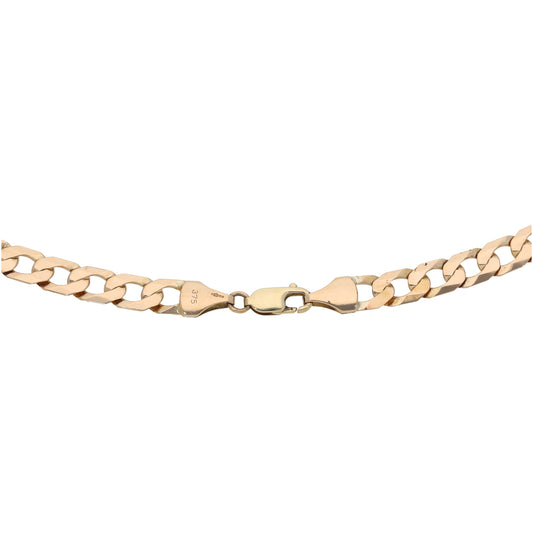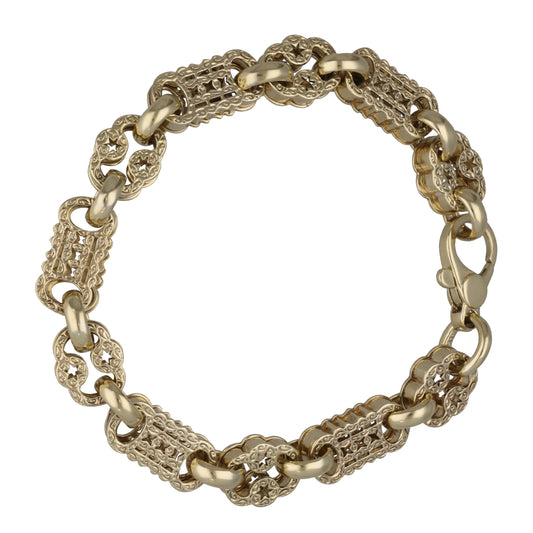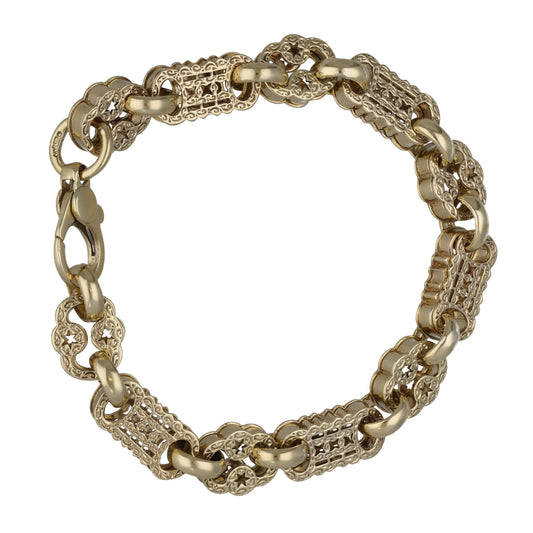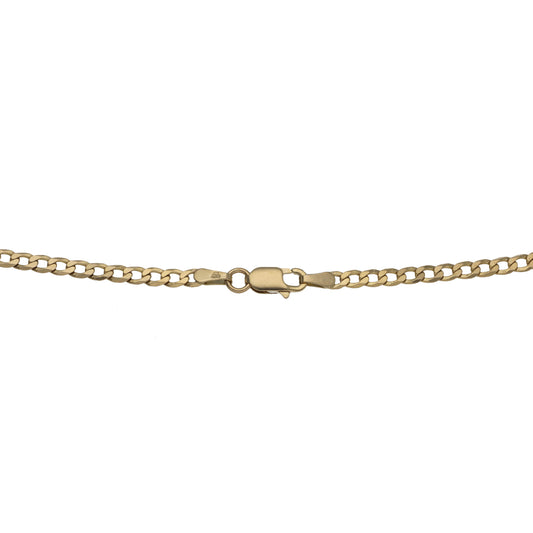Traditionally, Christmas has been a time of higher spending and therefore a boost to the economy in many countries; but in a modernising world with both positive and negative economic influences at play, has the same thing happened this year? We’re in uncharted territory in many ways, economically speaking, so let’s explore how the UK economy has fared during the Christmas period of 2017/2018.
Why Christmas matters to the UK economy

The Christmas period can influence the UK economy in many different ways, but most notably with an increase in consumer spending. Most retailers would consider the festive season to be their peak time for sales, as food, gifts, and decorations are purchased in abundance. This provides stimulus and ensures businesses are able to make a profit and continue to trade, thus retaining jobs.
Another boost to the economy comes via films released during the Christmas period. Studios tend to release big-budget movies around Christmas time, helping cinemas to sell more tickets. The likely poor UK weather during November, December and January also helps to drive people towards indoor entertainment.
However, Christmas can also have a negative effect on the economy due to poor productivity during this time. Christmas Day itself is the ‘least active’ day of the whole year for a wide range of businesses (not just retail), for obvious reasons. Most will shut for the day, as is demanded by UK law. The Christmas Day (Trading) Act 2004 states that larger shops cannot open on Christmas Day, and many smaller shops and service businesses will close for at least one day over the festive period. With so many businesses ceasing activity at the same time, the UK economy is obviously negatively affected. However, as this is a foreseeable issue, it can be offset to some extent.
High street sales during winter 2017
While the US tends to declare Christmas shopping season open in October, the UK has traditionally waited until mid-November. However, as globalisation continues, the UK has begun adopting slightly different retail habits. Not long ago, it would have been unheard of to see big sales in the run-up to Christmas. Everyone waited until the post-Christmas sales, which were extremely popular.
In recent years, the UK has embraced the US shopping tradition of Black Friday, which traditionally falls the day after Thanksgiving in late November. This big retail event means many retailers are slashing prices both in-store and online just in time for Christmas gift-buying. While this is brilliant for consumers, retailers are essentially selling discounted goods where traditionally they would have been getting full price for the same items. The most recent Black Friday in 2017 was popular with consumers, but it may have a big effect on the popularity of ‘Boxing Day’ sales. A recent survey conducted by the BBC found that 56% of shoppers believe post-Christmas sales have lost their appeal.
Shopping online – help or hindrance?
As technology advances and it’s possible for anyone with internet access to shop online, the retail scene is changing. The UK economy is bound to be affected by this as habits change, and this is already being noticed by economists. Retail expert, Julie Palmer spoke to the Guardian about this issue just before Christmas, stating:
“UK shoppers are savvier than ever and prepared to search online for the best deals, having grown wise to the gimmicks and discounts on offer in store, which many now realise may not be as good as they first appear.”
The Financial Times found that around Black Friday, online spending was 2.4% higher than in 2016, while spending in physical stores fell by 3.5%.
Finding fantastic deals online and being able to compare prices quickly with a number of retailers, means that online shopping is fantastic for consumers. Retailers are having to evolve and change in order to keep up with consumer demands, and to ensure the UK economy continues to benefit as people move away from the high street and into a digital shopping world.
How winter weather can affect profits
Winter weather in the UK can be rather unpredictable, with storms, high winds, snow and ice making an appearance across the country. During the latter months of 2017, the weather was mainly mild, with a freezing cold snap just before Christmas. Mild weather during the run-up to Christmas can really affect clothing profits, and on the other end of the spectrum extremely poor weather tends to prevent shoppers from leaving their warmer houses in the first place.
With the widespread freeze hitting most of the UK during the week before Christmas in 2017, many clothing retailers enjoyed a sales boost as people rushed to buy more winter-ready garments. The popular high-street retailer, Next, have seen their share prices risedue to better-than-forecast growth as a direct result of the colder temperatures.
How Brexit affected Christmas shopping in 2017
As mentioned at the beginning of this article, Brexit continues to have an effect on shopping habits and the economy in general. As the economic consequences of Brexit are developing and evolving, so too are the shopping habits of consumers.
The cost of living is rising as a result of post-Brexit economic influences, such as the weakening value of the pound and the rise in food prices. Due to this, many have had to tighten their belts over the festive season. This may be the likely cause for the popularity of Black Friday sales and low growth forecasts by retailers.
As more data is released in the coming weeks, we’ll see exactly how the economy has fared over the Christmas period. One thing is for sure – the relatively new boom in online shopping, the squeeze on living costs, and the uncertainty surrounding the economy will have changed the rules and moved many goalposts this year.


















